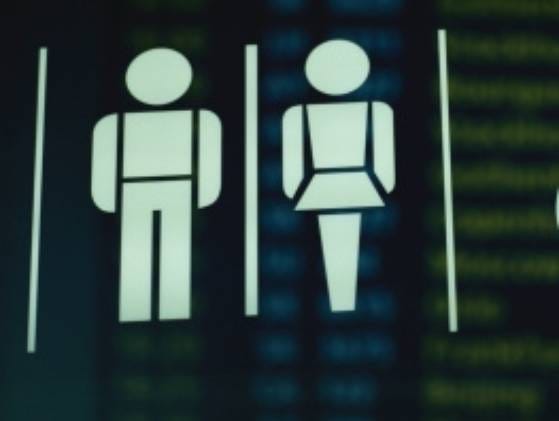A new study shows a large gender gap on economic policy among the nation's professional economists, a divide similar -- and in some cases bigger -- than the gender divide found in the general public.
(A new study shows a large gender gap on attitudes among economists.(Photo: Thinkstock))
Story Highlights
9:10PM EST September 30. 2012 - What does an economist think of that?
- Male and female economists have opinion differences
- Male economists tend to favor free market solutions
- Female economists tend to support more government
A lot depends on whether the economist is a man or a woman. A new study shows a large gender gap on economic policy among the nation's professional economists, a divide similar -- and in some cases bigger -- than the gender divide found in the general public.
Differences extend to core professional beliefs -- such as the effect of minimum wage laws -- not just matters of political opinion.
Female economists tend to favor a bigger role for government while male economists have greater faith in business and the marketplace. Is the U.S. economy excessively regulated? Sixty-five percent of female economists said "no" -- 24 percentage points higher than male economists.
"As a group, we are pro-market," says Ann Mari May, co-author of the study and a University of Nebraska economist. "But women are more likely to accept government regulation and involvement in economic activity than our male colleagues."
Opinion differences between men and women are well-documented in the general public. President Obama leads Mitt Romney by 10 percentage points among women. Romney leads Obama by 3 percentage points among men, according to the latest Gallup Poll.
The survey of 400 economists is one of the first to examine whether gender differences matter within a profession. The answer for economists: Yes.
How economists think:
"It's very puzzling," says free-market economist Veronique de Rugy of the Mercatus Center at George Mason University in Fairfax, Va. "Not a day goes by that I don't ask myself why there are so few women economists on the free-market side."
- Health insurance. Female economists thought employers should be required to provide health insurance for full-time workers: 40% in favor to 37% against, with the rest offering no opinion. By contrast, men were strongly against the idea: 21% in favor and 52% against.
- Education. Females narrowly opposed taxpayer-funded vouchers that parents could use for tuition at a public or private school of their choice. Male economists love the idea: 61% to 14%.
- Labor standards. Females believe 48% to 33% that trade policy should be linked to labor standards in foreign counties. Males disagreed: 60% to 23%.
“Not a day goes by that I don't ask myself why there are so few women economists on the free market side.”
-- Veronique de Rugy
A native of France, de Rugy supported government intervention early in her life but changed her mind after studying economics. "We want many of the same things as liberals -- less poverty, more health care -- but have radically different ideas on how to achieve it."
Liberal economist Dean Baker, co-founder of the Center for Economic Policy and Research, says male economists have been on the inside of the profession, confirming each other's anti-regulation views. Women, as outsiders, "are more likely to think independently or at least see people outside of the economics profession as forming their peer group," he says.
The gender balance in economics is changing. One-third of economics doctorates now go to women. The chair of the White House Council of Economic Advisers has been a woman three of 27 times since 1946 -- one advising Obama and two advising Bill Clinton. The Federal Reserve Board of Governors has three women, bringing the total to eight of 90 members since 1914.
"More diversity is needed at the table when public policy is discussed," May says.
Economists do agree on some things. Female economists agree with men that Europe has too much regulation and that Walmart is good for society. Male economists agree with their female colleagues that military spending is too high.
The genders are most divorced from each other on the question of equality for women. Male economists overwhelmingly think the wage gap between men and women is largely the result of individuals' skills, experience and voluntary choices. Female economists overwhelmingly disagree by a margin of 4-to-1.
The biggest disagreement: 76% of women say faculty opportunities in economics favor men. Male economists point the opposite way: 80% say women are favored or the process is neutral.
via usatoday.com

